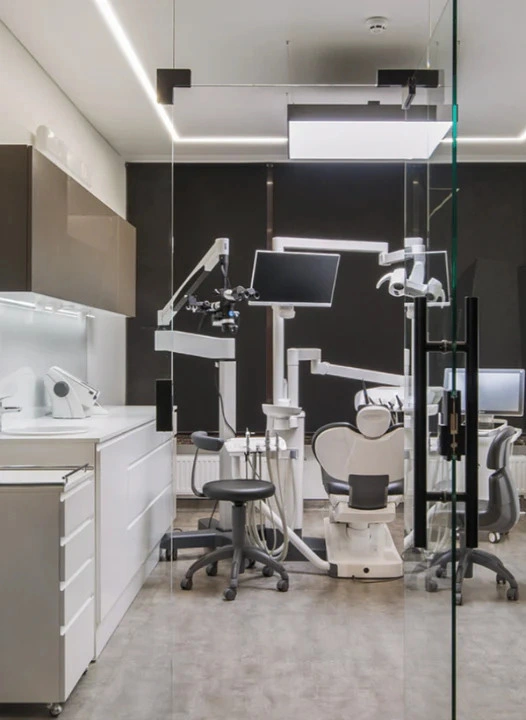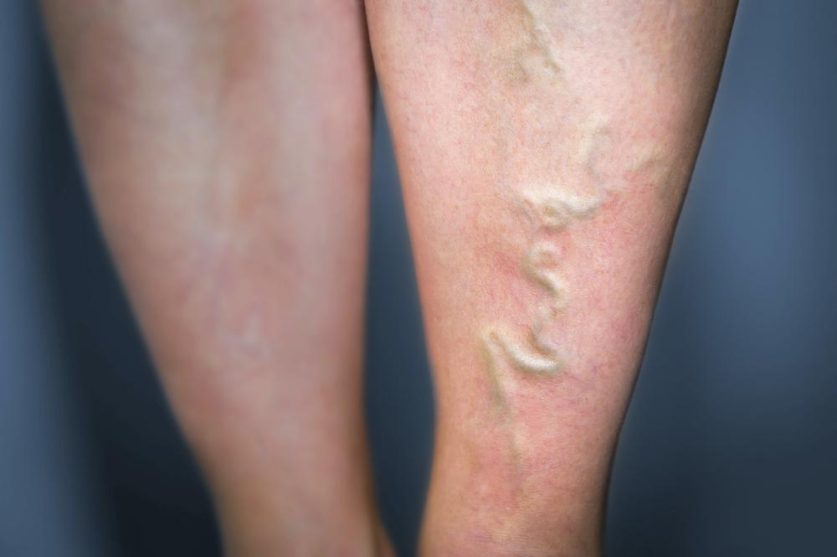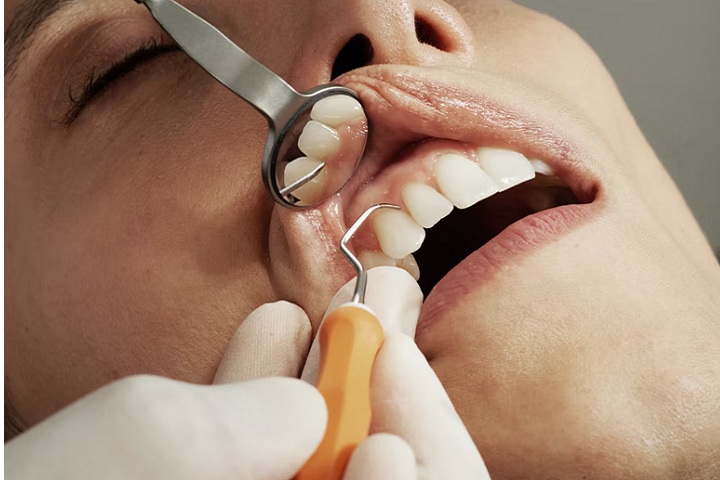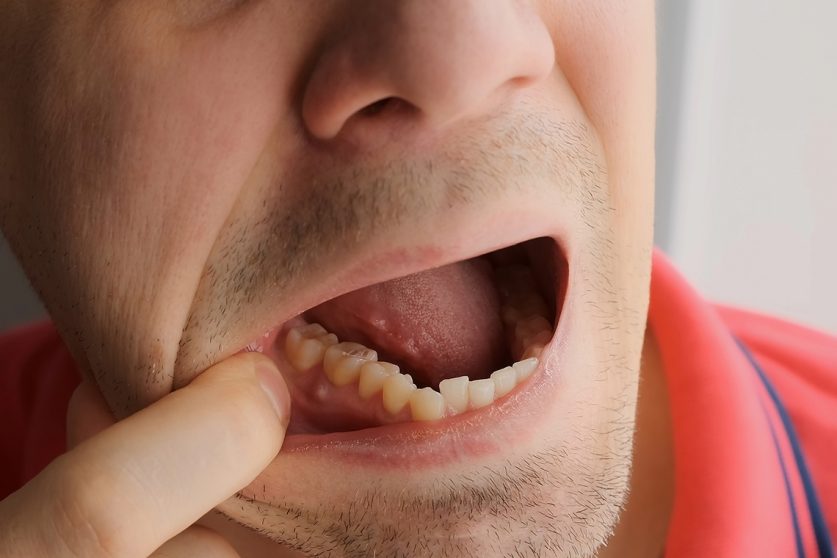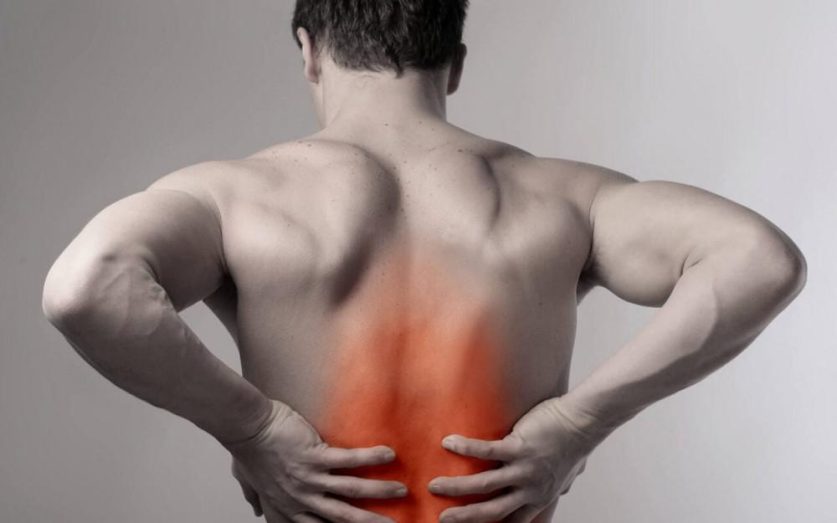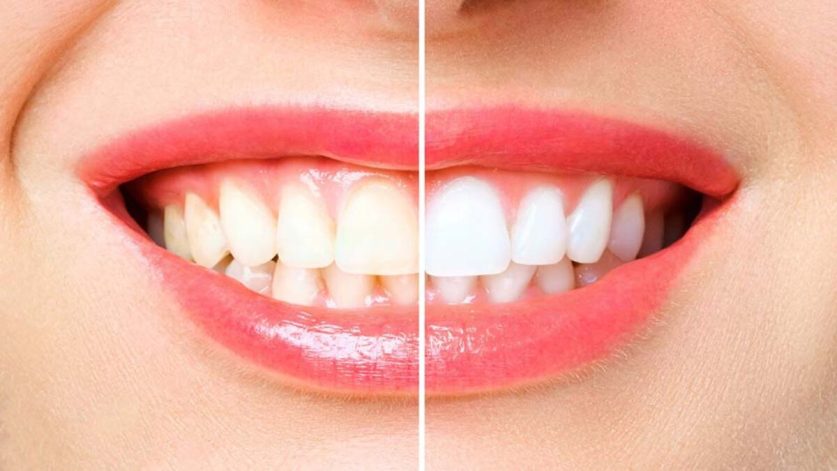Can Stress Hurt Your Teeth and Jaw?
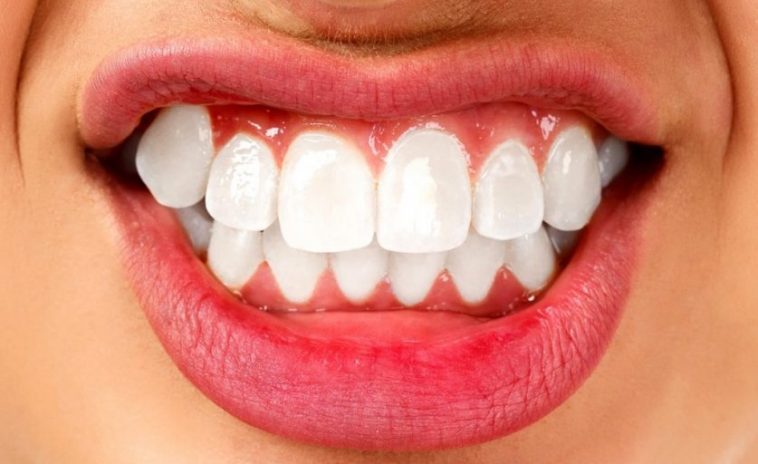
Severe teeth grinding is also known as bruxism. It destroys and wears down teeth over time. There are many causes of teeth grinding, such as stress or worry. A person suffering from sleep bruxism may not even be aware that they are clenching their teeth. Bruxism is prevalent in youngsters, but it usually goes away by reaching puberty.
The cause of teeth grinding is sleep difficulties, missing teeth, crooked teeth, or an irregular bite. In this article, we have covered every ounce of information related to teeth grinding, which might help in the future. It is critical to know that bruxism, if left untreated, can lead to jaw problems, tooth damage, and headaches.
What Causes of Teeth Grinding?
Studies have shown the actual cause of bruxism is not out yet. Anger and irritation, as well as stress and worry, increase the likelihood of teeth clenching. Coffee and other caffeinated beverages are stimulating drugs that might cause teeth grinding. Bruxism can also occur from alcohol, smoking, and some medications.p
What are the Symptoms of Teeth Grinding?
Here are some symptoms mentioned below of teeth grinding, such as:
- Anxiety, depression, or stress
- headaches
- excessive chewing
- Earache
- Facial pain
- Jaw pain
- Tight jaw muscles
- Tooth sensitivity to cold or heat
- Worn tooth enamel
- Worn, flattened teeth
How will your dentist diagnose your disorder?
Suppose your Best Dentist In Houston notices evidence of tooth wear, fractures, or discomfort during a dental exam. They will suspect bruxism. They might see that crowns and other dental devices are wearing down more quickly than they should be. Or she might notice evidence of chewing on your cheeks.
During your initial consultation, your dentist will examine your alcohol and coffee usage and any medications you are taking. You have to make changes in your sleeping pattern. X-rays may be required to rule out any jaw problems.
It is essential to visit a therapist if your dentist feels your bruxism development is due to anxiety or depression. Your dentist will send you to a sleep specialist to rule out any probable sleep disorders.
How will your dentist treat your disorder?
Stress management and relaxation techniques can help lessen bruxism if stress is the primary cause. If teeth grinding is caused by a physical issue like misaligned teeth, dental work may be able to help. To protect your teeth from the wear and tear of bruxism, you may need to wear a mouthguard for sleeping or a splint while sleeping.
Nightguards can treat bruxism and stop it from getting worse. Knowing that a store-bought mouthguard will not fit your teeth is vital. Getting a custom-made mouth guard for teeth grinding from your dentist is critical.
As bruxism therapies, mouthguards have some disadvantages. They are softer than splints and wear out faster. When wearing mouth guards or splints, some persons suffer an increase in teeth clenching. If you grind your teeth, changing your lifestyle can help you get rid of the problem.
Many dentists recommend relaxing by taking a warm bath, listening to quiet music, or practicing relaxation techniques before night. It will help if you avoid caffeine and alcohol for several hours before bedtime. Quitting smoking helps your overall health while also reducing bruxism symptoms.
Conclusion
We hope you liked this article, and now you have a piece of understanding teeth grinding and its treatment. Consult your dentist near me if you suspect teeth clenching.




